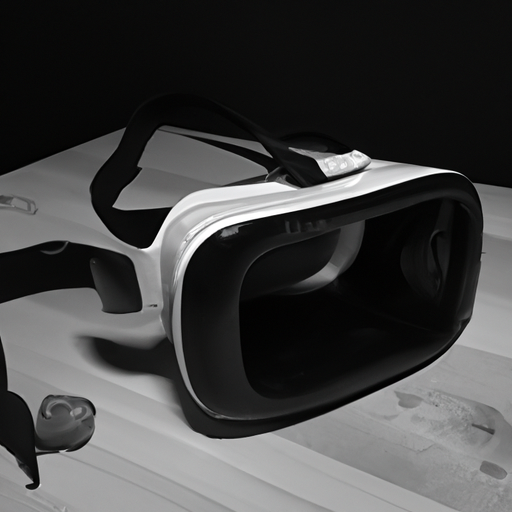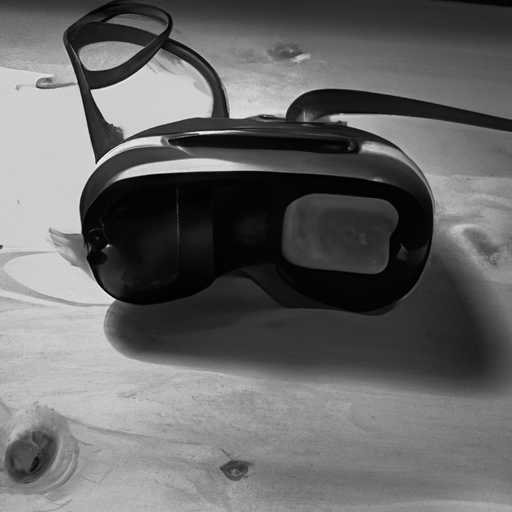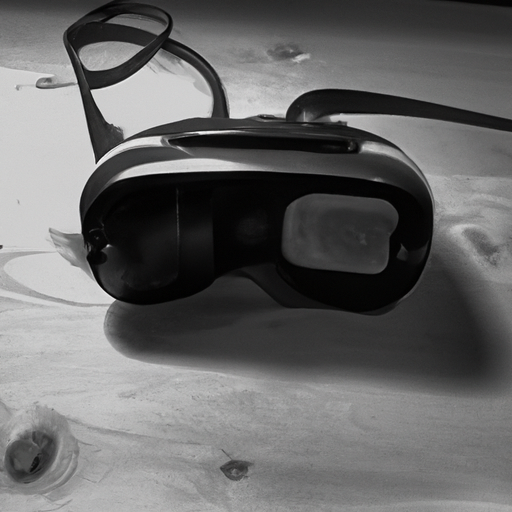In this article, we will explore the potential health risks that come with using VR headsets for extended periods of time. We will discuss some of the common concerns and possible effects on our physical and mental well-being. By the end, you will have a better understanding of the precautions to take and how to maintain a healthy balance when using VR technology.
Exploring the Potential Health Risks of Prolonged VR Headset Use
Are there any health risks associated with prolonged use of VR headsets? With the rapid advancements in technology, virtual reality (VR) has become increasingly popular. From gaming to educational experiences, VR headsets provide an immersive and interactive way to engage with virtual worlds. However, as the usage of VR headsets continues to increase, it is important to understand the potential health risks that may arise from prolonged use. This article will delve into the physical, psychological, and cognitive effects that individuals may experience when using VR headsets for extended periods of time.

Understanding the Popularity of VR Headsets
VR headsets have gained immense popularity due to their ability to transport users to virtual environments. With the integration of cutting-edge graphics and motion sensors, these devices provide a sense of immersion that was once unimaginable. Whether it is exploring new worlds or engaging in intense gaming experiences, VR headsets have captivated the attention of individuals across various age groups.
Physical Effects of Prolonged VR Headset Use
While VR headsets offer exciting possibilities, prolonged usage can have physical consequences. One of the most common issues reported is eyestrain and vision problems. When using a VR headset, the eyes are subjected to constant exposure to the small screens placed near the face. This prolonged exposure can cause eye fatigue, dryness, and discomfort. Additionally, the focus adjustment required to view objects at different distances in VR can strain the eye muscles.
Eyestrain and Vision Problems
Extended periods of time in a VR environment can also lead to other vision problems. Some users have reported blurred vision, double vision, and difficulties focusing on objects in the real world after prolonged VR headset use. These symptoms, known as the “vergence-accommodation conflict,” occur when the eyes struggle to adjust to the differences in depth perception between the virtual and real world.
To mitigate the risks of eyestrain and vision problems, it is recommended to take regular breaks while using VR headsets. Giving your eyes a chance to rest and focusing on objects in the distance can help alleviate the strain caused by prolonged VR use.
Motion Sickness and Nausea
Another common issue associated with VR headset usage is motion sickness and nausea. The discrepancy between the virtual world’s movements and the lack of corresponding physical movement can disrupt the body’s sense of balance, leading to discomfort and dizziness. This phenomenon is commonly referred to as “VR sickness.”
To reduce the likelihood of experiencing motion sickness, it is advisable to start with shorter VR sessions and gradually increase the duration over time. Additionally, choosing games or experiences with minimal movement and opting for VR games specifically designed to minimize motion sickness can also help mitigate this issue.

Musculoskeletal Issues
The physical posture adopted during VR headset use can also impact musculoskeletal health. The weight of the VR headset, coupled with prolonged neck and arm positioning, can lead to muscle strain and fatigue. Users may experience discomfort in the neck, shoulders, and upper back.
To prevent musculoskeletal issues, it is crucial to be mindful of your posture while using VR headsets. Taking regular breaks to stretch, adjusting the headset for optimal comfort, and maintaining proper ergonomics during gameplay or virtual experiences can help alleviate these concerns.
Psychological Impacts of VR
In addition to the physical effects, prolonged use of VR headsets can have psychological impacts. The immersive nature of VR can blur the lines between the virtual and real worlds, leading to feelings of disorientation and detachment. This detachment can potentially affect an individual’s sense of self and disrupt their ability to distinguish between the virtual and real world.

Cognitive Effects and Memory
VR experiences often require high levels of mental engagement, which can lead to cognitive fatigue over time. The intense focus required to interact with a virtual environment for extended periods may hinder cognitive function, affecting memory, attention, and decision-making abilities. While there is ongoing research on the long-term effects of VR on cognition, it is important to be aware of potential cognitive strain when using VR headsets for prolonged periods.
Social Isolation and Addiction
While VR can create a sense of presence and connection with virtual environments, it can also lead to social isolation. Prolonged use of VR headsets may detract from real-world social interactions, impacting interpersonal relationships and overall well-being. Additionally, excessive use of VR headsets can potentially lead to addictive behaviors, as users seek to constantly engage in the immersive virtual experiences.

Precautions and Safety Measures
To minimize the potential health risks associated with prolonged VR headset use, it is essential to take certain precautions. Firstly, it is recommended to follow the manufacturer’s guidelines regarding the recommended duration of use. Taking regular breaks, staying hydrated, and avoiding prolonged sessions can help prevent many of the physical and psychological issues discussed.
Furthermore, individuals should consult with healthcare professionals if they experience persistent discomfort or symptoms related to VR headset use. Optometrists, physical therapists, and psychologists can provide tailored advice and recommendations based on an individual’s specific needs.
Conclusion
Virtual reality headsets offer incredible opportunities for entertainment, education, and exploration. However, it is vital to recognize and understand the potential health risks associated with prolonged use. From eyestrain and motion sickness to musculoskeletal issues and psychological impacts, various aspects of our well-being can be affected by extended VR headset usage.
By being mindful of taking breaks, maintaining good posture, and moderating usage, individuals can safeguard themselves from many of these potential risks. As VR technology evolves, continued research and development in creating user-friendly and health-conscious experiences will contribute to maximizing the benefits while minimizing the potential health hazards of prolonged VR headset use.

